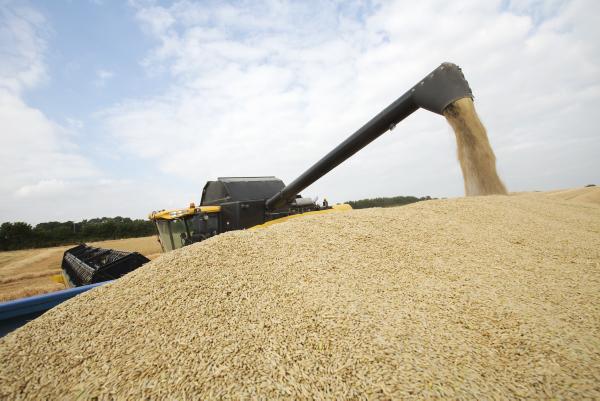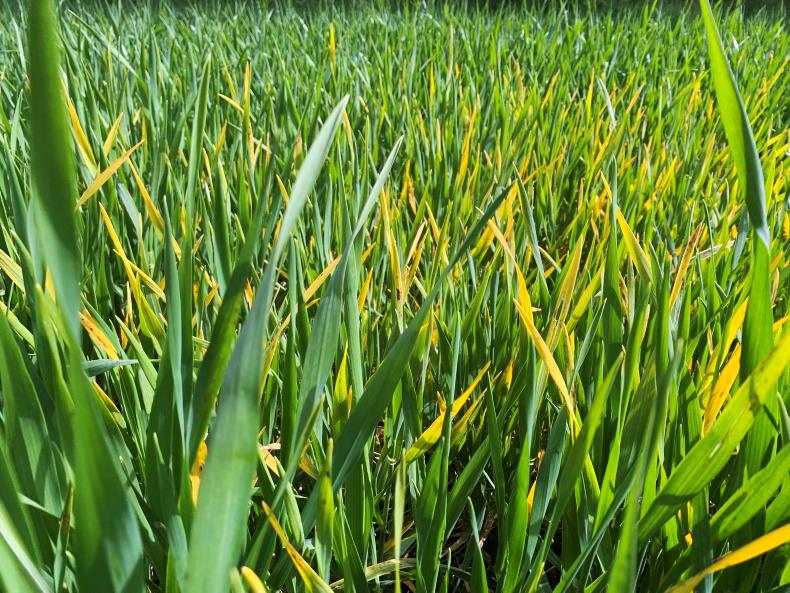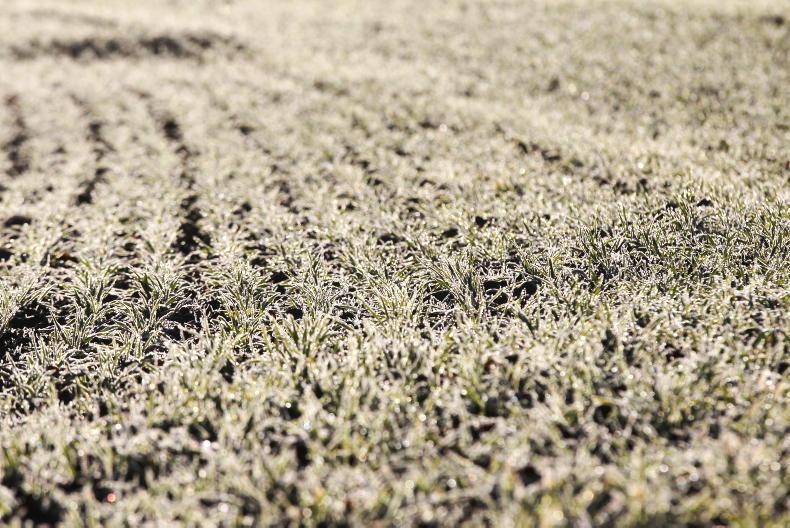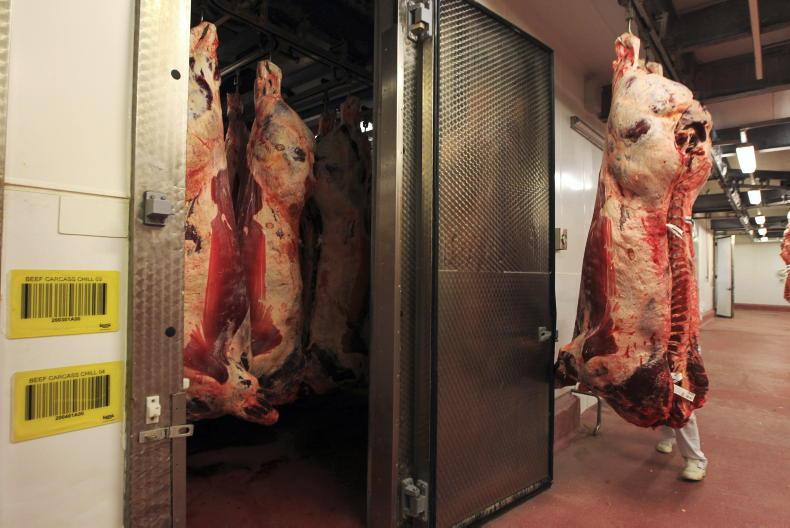Slow start for winter barley: There has been little cutting in the past week due to a combination of broken weather in places and the majority of crops are barely ripe. Early reports suggest that crops are difficult to thrash cleanly and that straw is often quite green. Many crops are still showing a tinge of green and are a while away from combining. There will be oats cut in places before winter barley in others.
Winter barley: Early harvest indications are that there are no early record yields. The summary comment so far is that yields are back on the past two years and the early six-rows may be suffering a bit on yield and quality. But these are the early crops and some or many had problems such as BYDV.
Winter barely traditionally did not like a lot of heat during grain fill and this could have been an issue in 2014. But we continue to hope that the crops that are holding on well will yield better when their time comes.
Straw is an issue in many winter barley crops as it is breaking down even prior to being fully ripe. So this will not be a year to hold off harvesting once the crop is ready to cut.
Grass weeds: We are moving into an increasingly problematic situation on tillage land with an increasing number of problem grass weeds evident throughout the country. Control of wild oats is far less than complete and now we are hearing talk of resistance to some of these herbicides.
Problem grass weeds like sterile brome, canary grass, meadow brome and black grass have replaced the more mundane rough-stalk meadow grass. These are all potentially serious problems and should be treated seriously by growers. Rogueing one plant could now help prevent a future problem.
These grass weeds are now moving throughout the country by many different means. So unless you are vigilant you may have new and more expensive problems in the near future and we cannot afford that. The objective is to have zero seed return from all weeds.
Professional users: All farmers and contractors who apply agrochemicals will have to register with the Department of Agriculture by November ‘15 but the sooner it is done the better. A professional user is defined as ‘any person who uses pesticides in the course of their professional activities, including operators, technicians, employers and self-employed people, both in the farming and other sectors’.
All professional users must be registered by 26 November 2015. From this date only a registered professional user, or a person operating under the direct supervision of a registered professional user, can apply pesticides authorised for professional use.
Pesticide users had an opportunity to do this at the recent Kildalton event. This can still be done on-line on the PCS website (www.pcs.agriculture.gov.ie). Just click the ‘Sustainable Use Directive’ tab along the top and then ‘On-line Registration for SUDS’. The process can also be done by downloading a hardcopy of the registration, completing it and returning it to the Department.









SHARING OPTIONS